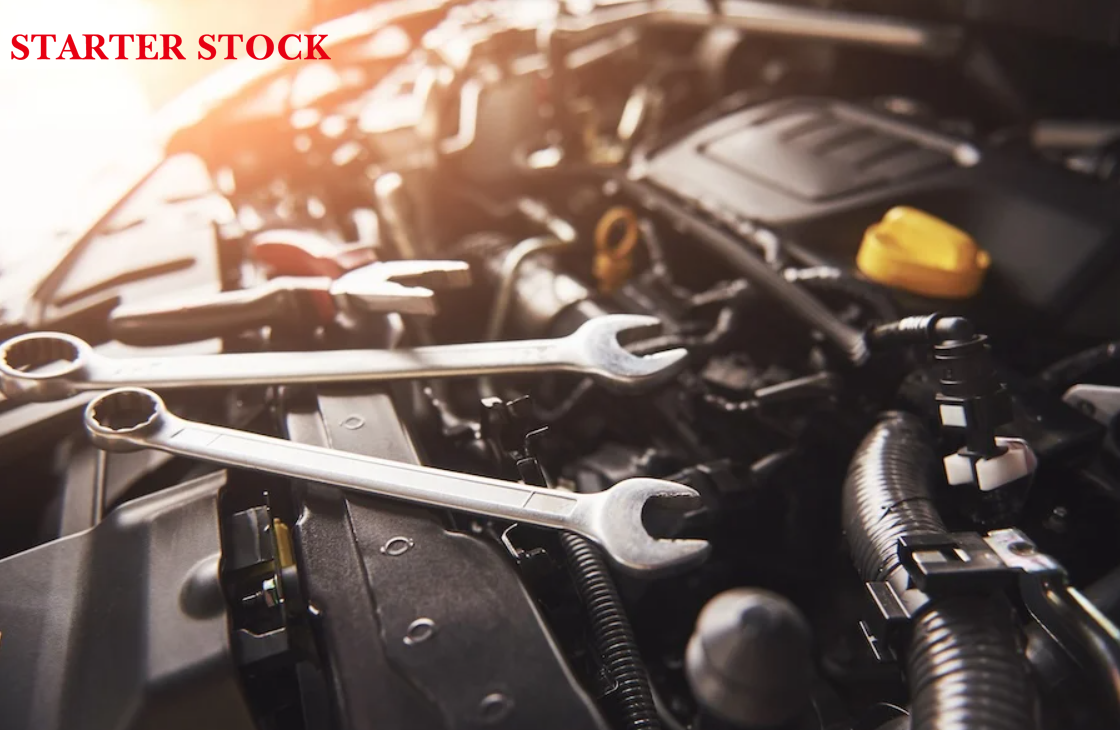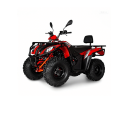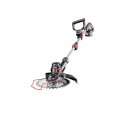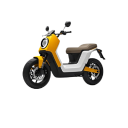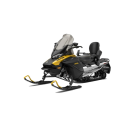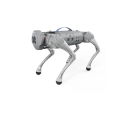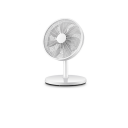-
14
-
2025-11-11 13:24:38
How Much to Replace a Starter Motor (A Mechanic’s Tale, Sort Of)
So you turned the key, expecting your trusty steed to roar to life.
Instead, it gave you a sound that could best be described as “click.”
Or maybe it groaned once and then died like a fainting goat. Either way, congratulations — you’ve just entered the thrilling world of starter motor failure.
If you’re like most people, your first thought is:
“How much is this gonna cost me?”
And your second thought is, “Why does my car always do this on a Monday?”
Let’s talk money, sweat, and a little bit of logic. Because replacing a starter isn’t that complicated… until it is.
The Short Version (for the impatient)
Parts: anywhere between $50 and $500, depending on whether it’s used, rebuilt, or new.
Labor: typically $100 to $450, depending on the car and how buried the starter is.
Total: you’re probably looking at $200–$900, unless you drive something European and expensive, in which case… Godspeed.
That’s the ballpark. But you came here for the real talk, so let’s unpack that.
Why the Cost Jumps Around So Much
Okay, imagine starters as the gym rats of your car’s electrical system.
Some are small and polite. Others are massive, overbuilt brutes designed to spin a diesel engine that could double as a boat anchor. Naturally, the price tag follows suit.
Your car’s personality. Cheap, common cars = cheap starters. Fancy, rare cars = pricey starters. Simple math.
Location, location, location. Some starters are right up front. Easy job, 45 minutes tops. Others are wedged somewhere engineers clearly designed on a Friday at 4:59 p.m. That means extra hours of labor.
New vs. remanufactured. A fresh OEM starter is like ordering a filet mignon. A remanufactured one is the house special — cheaper, reliable, and 90% as good.
Shop labor rates. Your local shop might charge $120 an hour. The dealership? More like $200+. You’re not paying for the coffee in the waiting room, trust me.
So when your mechanic gives you a quote that seems random, it’s not. It’s the sum of engineering sins, labor, and capitalism.
What It Usually Costs (Based on Real Cars)
Here’s what you can expect in plain English:
Tiny cars (Civic, Corolla, Sentra, etc.):
$160–$450 total. Easy access, small parts, short labor.Middleweights (Accord, Camry, SUV crossovers):
$220–$650 total. Not terrible, but not lunch money either.Trucks, diesels, fancy stuff (BMW, Mercedes, F-150):
$450–$1,200 total. The starter itself costs more, and so does the cursing involved.
If you’re a DIY type with a decent socket set, you might only pay for the part — somewhere between $70 and $300 for a decent remanufactured one.
When It’s Not Actually the Starter (but Still Feels Like It)
Before you throw money at a new motor, rule out the usual suspects:
Battery’s low or dead.
If your lights are dim or you hear rapid clicking, it’s probably the battery saying, “I’m out.”Loose or corroded terminals.
Check the cables. Clean off the green fuzz. It costs nothing.Bad ground wire.
Happens more often than you’d think.Starter relay or ignition switch.
If the starter doesn’t even try, it might not be getting power.
A legit mechanic will test all this before swapping parts. If they don’t — get a new mechanic.
A Few Real-Life Price Examples
Because everyone loves a little math that doesn’t involve tax season.
Example 1 — Sedan (like a Toyota Camry)
Part: $150 (remanufactured)
Labor: 1.5 hours × $120/hr = $180
Total: $330
Example 2 — Compact Car (like a Honda Fit)
Part: $100
Labor: 1 hour × $100/hr = $100
Total: $200
Example 3 — European Drama (like a BMW 5-Series)
Part: $600 (OEM)
Labor: 2 hours × $200/hr = $400
Total: $1,000
There you go — the full spectrum, from “eh, not bad” to “I could’ve gone to Vegas for that.”
The Great Debate: New vs. Remanufactured vs. Used
New OEM:
Perfect fit, longest warranty, biggest price tag. Worth it if you plan to keep the car forever.
Remanufactured:
Basically a starter that’s been taken apart, cleaned, fixed, tested, and blessed by an electrical wizard.
Usually 40% cheaper and nearly as good.
Used:
The gamble special. It might last three years… or three starts. Proceed with caution unless it’s the only option.
If you ask me, remanufactured is the sweet spot — quality without the sting.
The Labor Game (What You’re Actually Paying For)
You’re not paying for the 10 minutes of wrench-turning. You’re paying for:
The hour it takes to reach the thing.
The tools that make it possible.
The experience that keeps your mechanic from electrocuting himself.
The “just in case” liability if it fails under warranty.
Some starters are cake. Others are a puzzle of heat shields, brackets, and swearing.
So yeah — labor costs matter.
Thinking About Doing It Yourself?
If you’re handy and your starter isn’t buried behind an engine mount, go for it.
You’ll save a few hundred bucks and earn bragging rights.
Bare minimum checklist:
Disconnect the negative battery cable. (Seriously, don’t skip this.)
Jack the car safely. Use stands. Don’t die.
Label your wires or take photos before removing them.
Compare the new starter to the old one before bolting it in.
Test before putting everything back.
If your car’s starter lives under an exhaust manifold or requires moving the transmission — maybe skip the DIY glory and pay a pro.
How to Avoid Getting Overcharged
Ask for an itemized quote. You want to see the breakdown: parts, labor, fees.
Call two shops. One local, one dealership. Compare and see who’s honest.
Ask if they’ll use a remanufactured part. It’s cheaper, still warrantied.
Ask about the warranty terms. A year on parts and labor is normal.
Don’t let them sell you a battery if yours just needs cleaning.
The best defense against getting ripped off is knowing what normal looks like — and now you do.
Hidden Costs Nobody Mentions
Core charge: You might see an extra $50–$100 on the invoice. It’s refundable when you return the old starter.
Towing: If your car’s dead in the driveway, factor in $75–$150 for a tow.
Shop fees: A few bucks for disposal or “supplies.” Annoying but standard.
Always ask for the out-the-door price. Shops love to quote “just the part” or “just the labor” until it’s too late.
The Silver Lining
Once you replace the starter, that’s usually it. These things can last 80,000–150,000 miles or more.
So unless your car’s held together by nostalgia and duct tape, you’ll be fine for a while.
The first start after a new motor is installed is oddly satisfying — a crisp vroooom that says, “Yeah, I’m back.”
You might even smile, despite the dent in your bank account.
The Real Bottom Line
Here’s the quick recap:
| Type | Typical Range | What You’re Paying For |
|---|---|---|
| DIY Parts Only | $70–$400 | Your time, scraped knuckles |
| Small Cars | $160–$450 | Quick job, cheap part |
| Mid-Size Cars | $220–$650 | Average difficulty |
| Trucks / Luxury | $450–$1,200+ | Heavy parts, ugly access |
| Dealers | +30–50% markup | Coffee in waiting room |
So, how much to replace a starter motor?
Enough to sting a little, but not enough to junk your car.
And if it makes you feel any better — at least it’s not the transmission.



